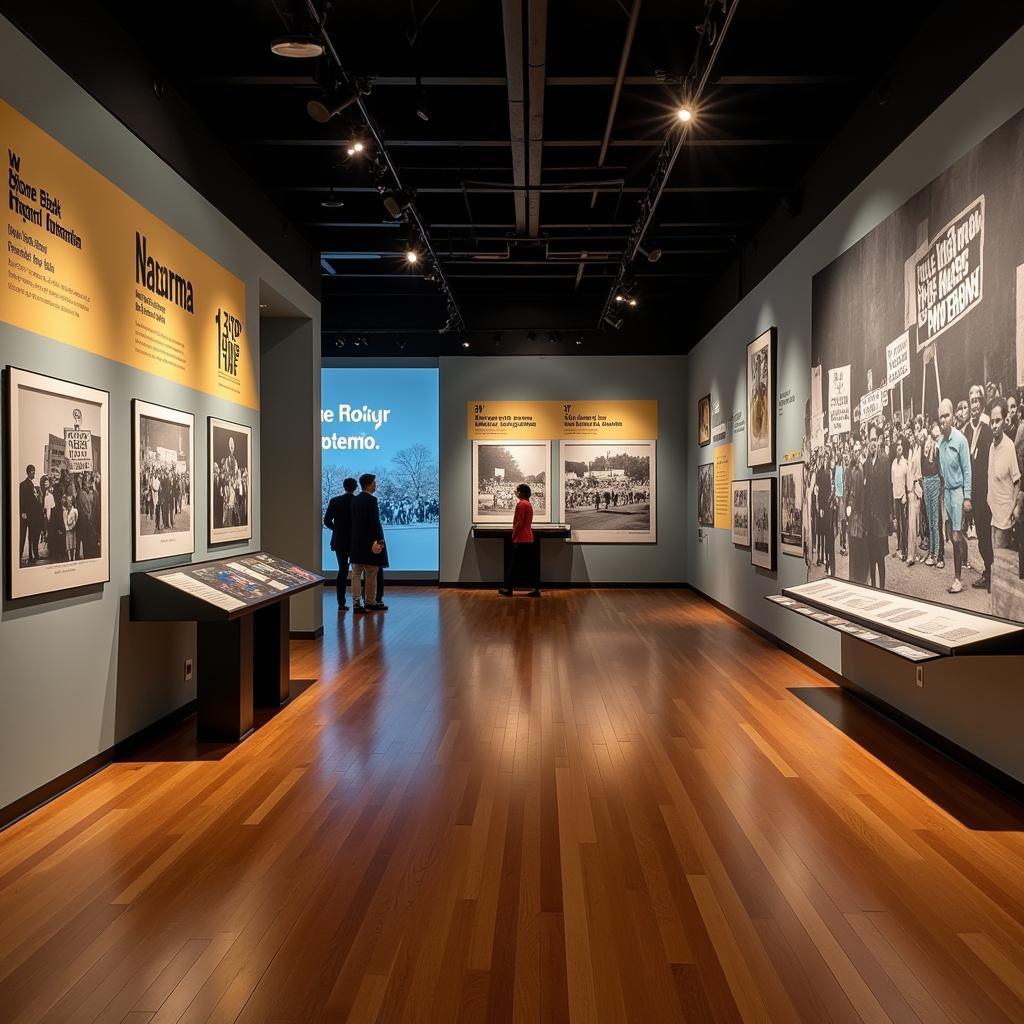The Enduring Power of the African American Female Writer
From narratives documenting the horrors of slavery to contemporary works exploring the complexities of identity, African American female writers have made invaluable contributions to literature. Their powerful voices have challenged societal norms, amplified marginalized experiences, and reshaped the American literary landscape.
Early Trailblazers: Confronting Racism and Sexism
The journey of the African American female writer began amidst immense adversity. In the 18th century, Phillis Wheatley, the first published African American poet, used her voice to challenge the prevailing notions of race and intellect during a time when slavery was deeply entrenched in American society. Her poems, often written in the neoclassical style popular at the time, explored themes of faith, freedom, and the African diaspora.
The 19th century saw the rise of writers like Sojourner Truth and Harriet Jacobs, whose autobiographical narratives exposed the brutality of slavery and championed the cause of abolition. These women not only detailed their personal experiences but also provided invaluable firsthand accounts of the systemic oppression faced by enslaved people.
The Harlem Renaissance: A Flowering of Creativity
The Harlem Renaissance, a period of unparalleled artistic and intellectual ferment in the 1920s and 1930s, witnessed a flourishing of African American literature. Women like Zora Neale Hurston, Nella Larsen, and Jessie Redmon Fauset were at the forefront of this movement. These African American female writers of the Harlem Renaissance explored themes of race, gender, and identity with a boldness and nuance that challenged stereotypes and celebrated Black culture. Hurston, known for her vibrant portrayal of rural Black life in novels like “Their Eyes Were Watching God,” emphasized the importance of capturing authentic Black experiences in her work. Larsen, in novels such as “Passing” and “Quicksand,” delved into the complexities of racial identity and the psychological toll of navigating a society deeply divided along racial lines.
Post-War Voices: Confronting Injustice and Inequality
The post-World War II era saw African American female writers continue to grapple with issues of race and social justice in a rapidly changing America. Authors like Gwendolyn Brooks, Toni Morrison, and Alice Walker produced powerful works that explored themes of racism, sexism, and the enduring legacy of slavery. Brooks, the first African American to win the Pulitzer Prize for Poetry, gave voice to the experiences of ordinary Black people living in urban America. Morrison, a Nobel laureate, crafted hauntingly beautiful novels like “Beloved” and “Song of Solomon” that examined the psychological scars of slavery and the enduring power of memory. Walker, in her Pulitzer Prize-winning novel “The Color Purple,” shed light on the experiences of Black women in the rural South and their struggles against racism, sexism, and domestic violence.
The 21st Century: Diverse Voices, Enduring Themes
African American female writers 21st century continue to shape the literary landscape, exploring a wide range of themes and genres. From the speculative fiction of Octavia Butler to the lyrical prose of Jesmyn Ward and the incisive essays of Roxane Gay, these writers are pushing the boundaries of literature and challenging readers to confront complex social issues. They explore themes of identity, family, sexuality, and the African diaspora with a depth and nuance that reflects the multifaceted realities of Black womanhood in the 21st century. These writers, part of a long and rich literary lineage, continue to use their voices to inspire, challenge, and empower readers worldwide.
Why African American Female Writers Matter
The work of African American female writers is essential reading for anyone who wants to understand the complexities of American history and culture. These writers offer unique perspectives on race, gender, class, and identity, challenging readers to confront their own biases and preconceptions. Their voices, often marginalized and silenced, offer invaluable insights into the human condition and the ongoing struggle for equality and justice. By engaging with their work, we can broaden our understanding of the world and work towards creating a more just and equitable society.
Expert Insight
“African American women’s writing has always been about more than just telling our stories. It’s about claiming our space, challenging dominant narratives, and shaping the way we see ourselves and are seen by the world.” – Dr. Anika Johnson, Professor of African American Literature at Spelman College.
Conclusion
The legacy of the African American female writer is one of resilience, creativity, and an unwavering commitment to truth-telling. From the earliest voices who dared to speak their truth in the face of oppression to the contemporary writers who continue to push the boundaries of literature, these women have enriched the world with their stories and perspectives. By engaging with their work, we can gain a deeper understanding of the complexities of the human experience and the ongoing struggle for equality and justice. To delve deeper into this rich literary tradition, explore the works of the african american writer female top 100, and discover the power and beauty of their words.

